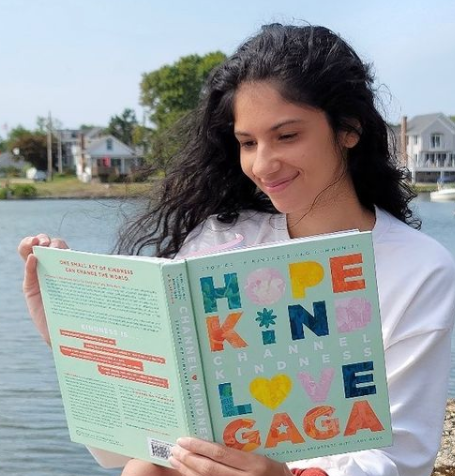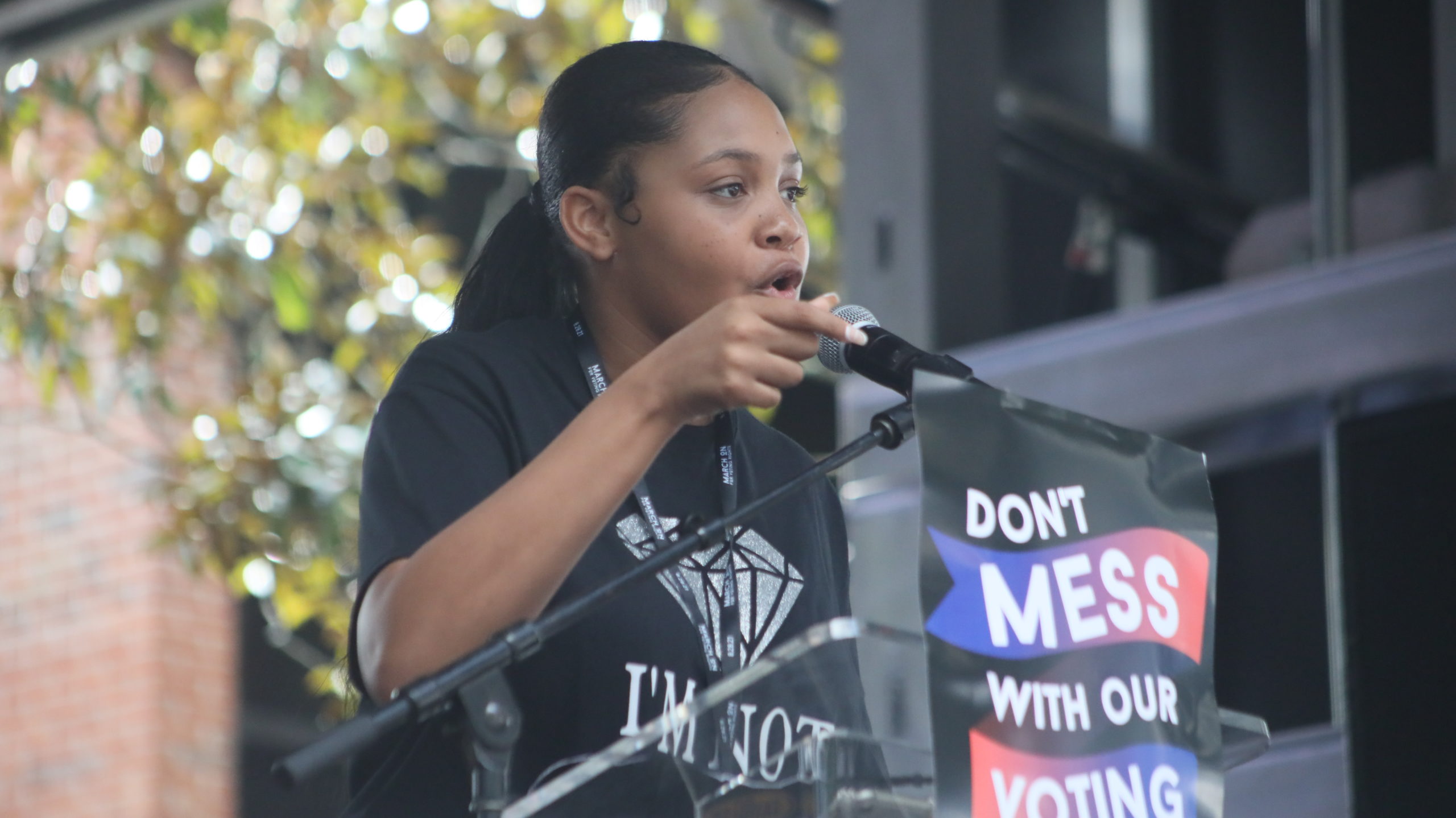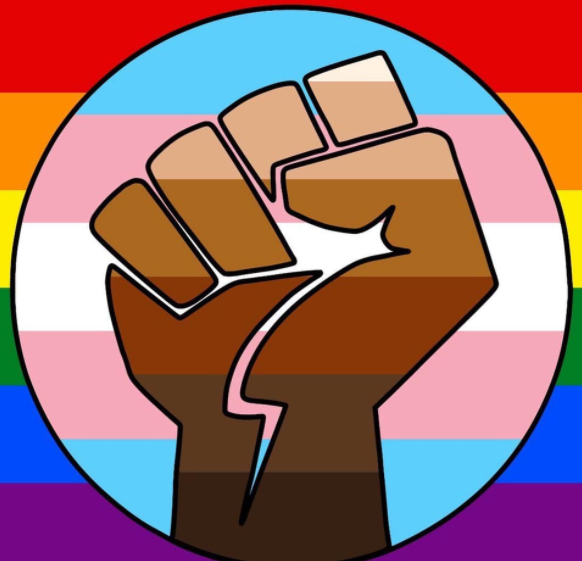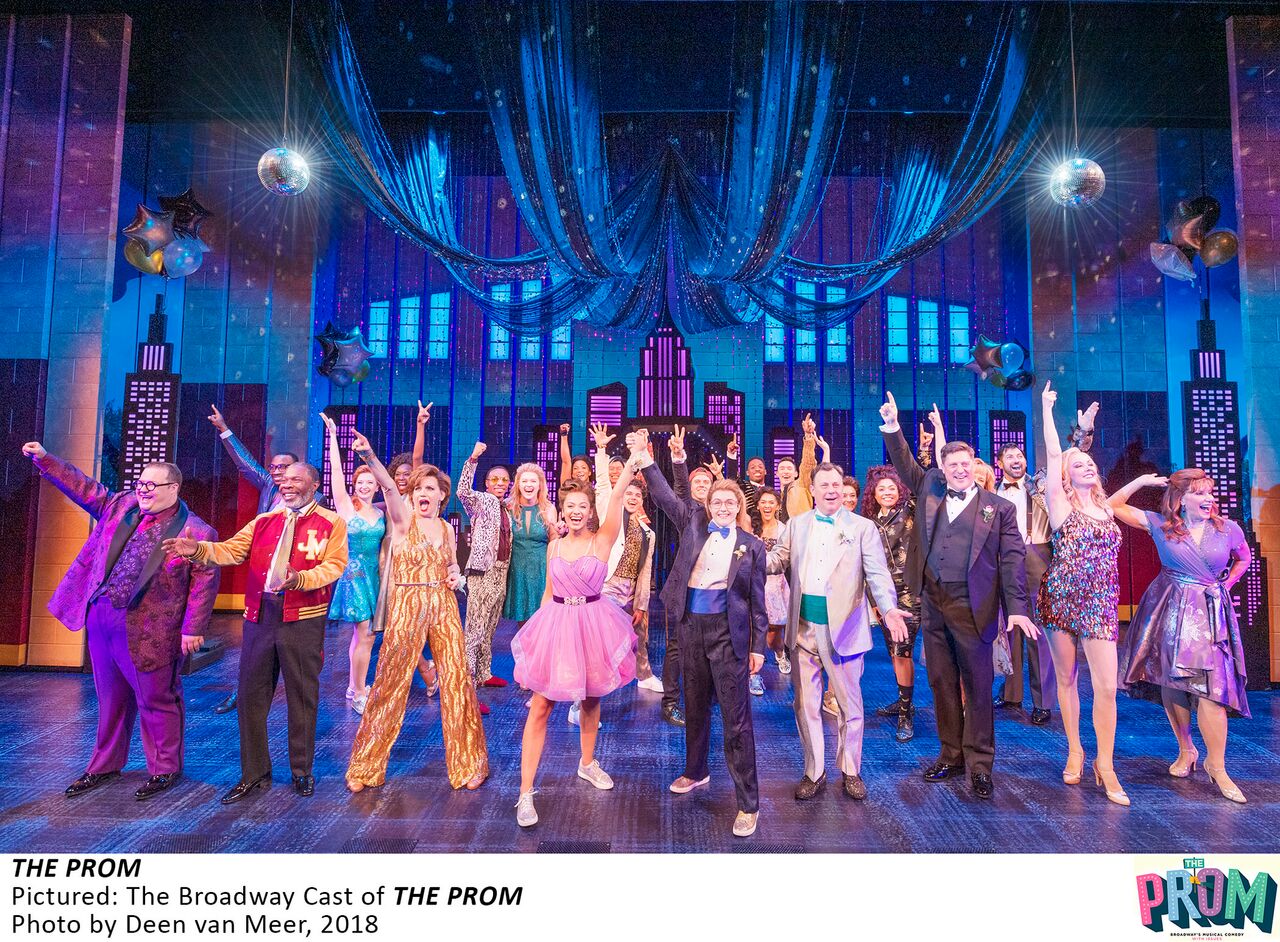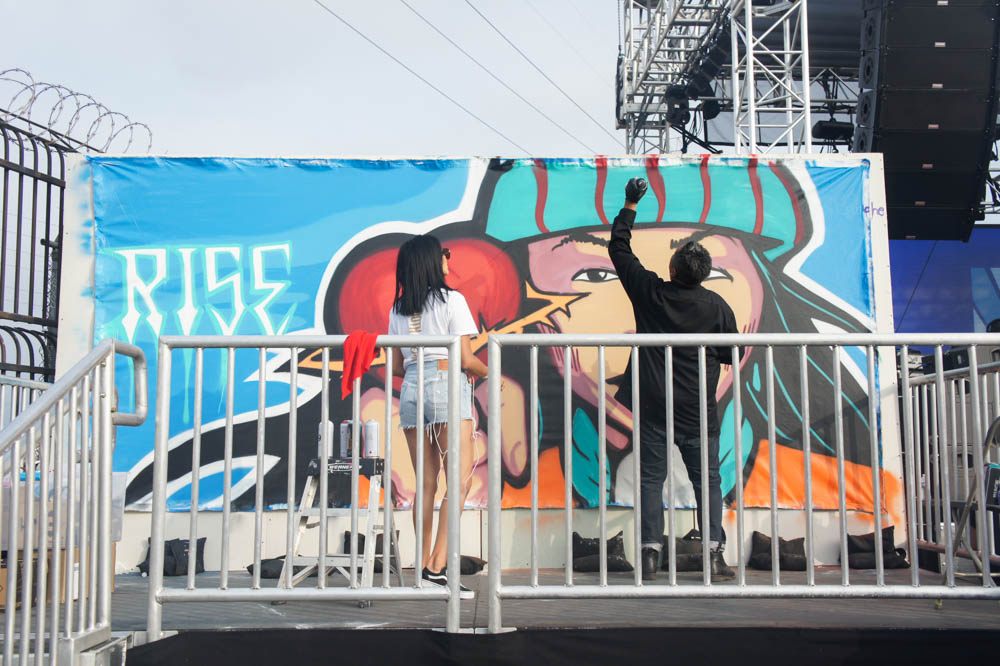Thrasher Magazine’s Skateboarder of the Year, Brian Anderson, is best known for taking incredible risks during competitions and on the streets. But he took one of his biggest risks yet last fall when he told Vice Sports: “Hi, I’m Brian Anderson, and we’re here to talk about the fact that I’m gay.”
While Brian knew, he was gay from a young age, he feared coming out would hurt his career, telling Vice, “People would have perceived it differently if I’d said it 15 years ago.” But at 40, Brian was ready to open up.
It takes courage to express yourself confidently and passionately, especially about something so personal. Channel Kindness followed up with Brian to talk candidly about his childhood fears, his passions, and his vision for a kinder and braver world.
“I grew up in southeastern Connecticut, a pretty working class town. Blue collar … I think we were fortunate to have the blend and get to know different kinds of people.” Despite living in a community that was moderately socioeconomically diverse, Brian described how he was “totally scared” to tell anyone he was gay.
As he told Vice, “Hearing faggot all the time, it made me think at a young age; it was really dangerous to talk about it.” Currently, more than 40% of LGBT youth say the community they live in is not accepting of young people.
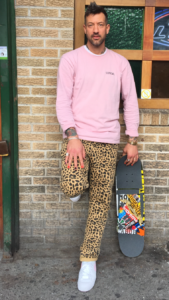
In his youth, Brian spent most of his time skateboarding and although some his friends experimented with drugs and other dangerous habits, Brian’s passion for the sport kept him safe. “I saw him stepping away from skateboarding, while me and my other friends just kept going for it. That was our outlet.”This taught Brian the importance of finding an outlet for his emotions, “Try to get outside and interact with people, if you can, or maybe you can find some avenues in your school system for extracurricular activities.” He admits that it’s not always easy for people to find safe places of self-expression and that can build up inside, but he stressed the importance of taking care of your physical and mental health. “When your mind is happy your body is happy.”
This taught Brian the importance of finding an outlet for his emotions, “Try to get outside and interact with people, if you can, or maybe you can find some avenues in your school system for extracurricular activities.” He admits that it’s not always easy for people to find safe places of self-expression and that can build up inside, but he stressed the importance of taking care of your physical and mental health. “When your mind is happy your body is happy.”Since coming out, Brian has had tremendous support from his family, friends, and fans.
There’s been a tremendous amount of support from the online community as well. As mentioned in an article on NYTimes.com, “The outpouring of hearts and hashtags came from obvious sources, like fellow pro skaters and sponsors like Nike, but also from broader popular culture. Unfortunately, many kids in his position are not as fortunate. According to the Human Rights Campaign, 92% of LGBT youth say they hear negative messages about being LGBT, most often from school, peers, and the Internet.
Since coming out, Brian has had tremendous support from his family, friends, and fans. There’s been a tremendous amount of support from the online community as well. As mentioned in an article on NYTimes.com, “The outpouring of hearts and hashtags came from obvious sources, like fellow pro skaters and sponsors like Nike, but also from broader popular culture. Unfortunately, many kids in his position are not as fortunate. According to the Human Rights Campaign, 92% of LGBT youth say they hear negative messages about being LGBT, most often from school, peers, and the Internet.Brian expressed the need for more caution when writing comments and sharing information on and off
Brian expressed the need for more caution when writing comments and sharing information on and off line, warning that it is important to take a second look at what you’re writing because “now it’s so easy just to type it and hit send…In text or tweets, you don’t necessarily hear the tone of someone’s voice, and it can be completely misconstrued or misunderstood.”
It’s easy to type a hurtful message online, but it’s much harder to do it in person and to apologize once you’ve realized the damage is done. Although it would be great, as Brian says, “to look at someone in eye to eye and go ‘Hey man or hey girl you know I’m sorry. I just wanted you to know that’” we don’t always have that opportunity, so it’s important to “just step back and think a little bit before you respond.”
When asked about his vision for the future, Brian described the need for a more genuine connection between friends and family. “I’d like to see younger people being able to have more of a connection, one on one, face to face, with their loved ones, peers, and people in general.”
Brian married his boyfriend Andrew in New York City last December, according to a post he shared on Instagram announcing the marriage. Brian resides in New York and often hits the streets of the big city to skate and spread the message of inclusivity and acceptance among the skating community.




